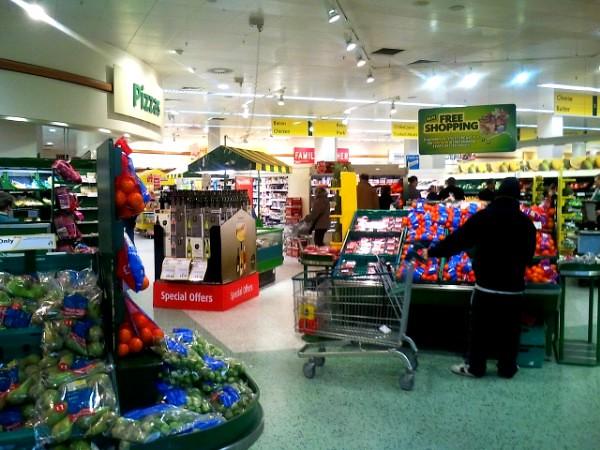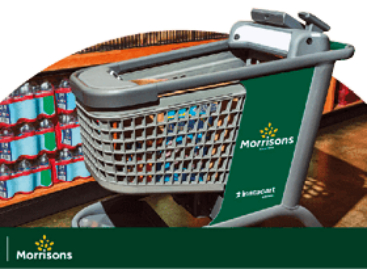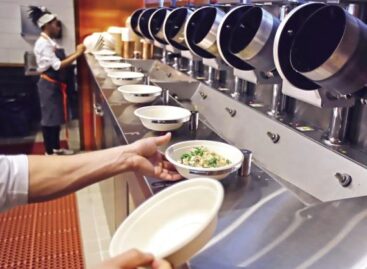Morrisons to remove ‘problematic’ plastics by 2025
Morrisons has pledged to reduce, replace or eliminate plastic across its business having already shrunk its plastic packaging by 17.5% from its 2017 baseline. On average, 9,680 tonnes of plastic packaging have been removed each year since.

The supermarket giant is looking to eliminate “problematic” plastics – as defined by the UK Plastics Pact – by 2025, including plastic wrapping for multi-pack of tins, bottles, and cartons, PVC cling film, non-compostable fruit and veg stickers, non-compostable tea and coffee bags, and plastic packaging for uncut fresh fruit and veg.
In looking to reach this target, Morrisons has extended the range of plastic-free loose fruit and veg to up to 75 varieties across 332 stores, moved own-brand bananas to paper bands, removed 400 tonnes of plastic from its minced meat trays and 110 tonnes from its bread bags.
In the past two years, Morrisons also launched paper-wrapped toilet and kitchen roll and unveiled 100% plastic-free Christmas gift wrap packaging.
As part of its commitment to the UK Plastic Pact, the grocer has removed one billion plastic items since 2017, such as 31.2m pieces of single-use cutlery, 80m plastic straws and 331m plastic tea bags.
By 2025 Morrisons is working towards making all own-brand plastic packaging 100% recyclable, reusable or compostable and having an average of 30% recycled content across all own-brand primary plastic packaging.
Related news
Morrisons tests Instacart’s smart shopping cart
🎧 Hallgasd a cikket: Lejátszás Szünet Folytatás Leállítás Nyelv: Auto…
Read more >Schwarz Group to Significantly Reduce Virgin Plastic Use by 2030
🎧 Hallgasd a cikket: Lejátszás Szünet Folytatás Leállítás Nyelv: Auto…
Read more >Related news
PwC Global CEO Survey: CEO confidence at a five-year low
🎧 Hallgasd a cikket: Lejátszás Szünet Folytatás Leállítás Nyelv: Auto…
Read more >








